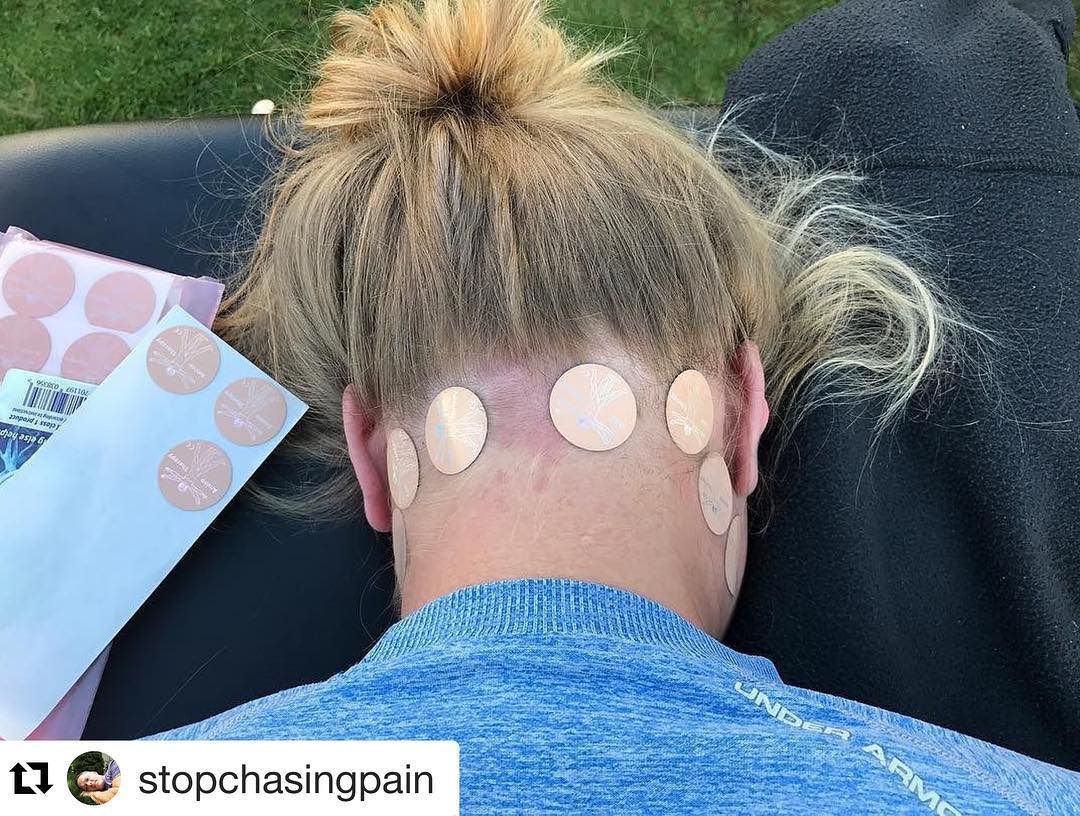Category: Medical devices
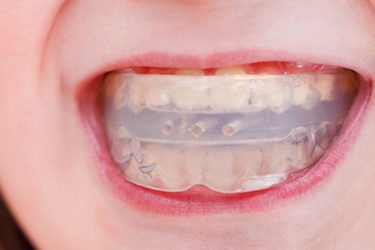
TIC’D OFF
Two years ago we discussed the TicTocStop, a dental appliance that the inventors assured us would help mitigate the symptoms of Tourette Syndrome. In the intervening years things have...not gone well. This illustrates the need for skepticism regarding questionable medical claims, and the importance of initiatives like AllTrials to ensure the good, the bad, and the ugly research is available to everyone.
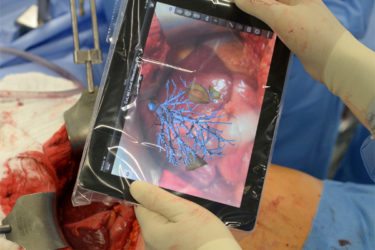
Augmented Reality in Medicine
Augmented reality has the potential to revolutionize how physicians access data while caring for patients, whether in the operating room or clinic.

Facial Cupping: A Kinder, Gentler, Sillier Kind of Cupping
A new cupping fad using silicone devices is gentler than traditional cupping, but even sillier. There is no evidence of health benefits.
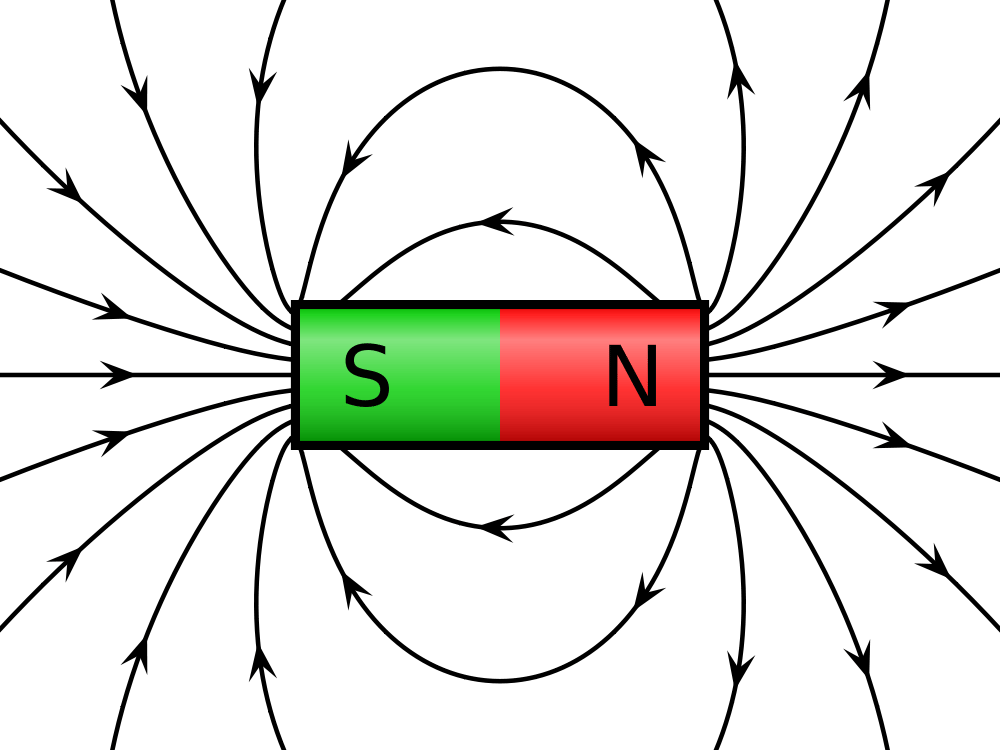
Magnets Provide Amusement, But Not Health Benefits
Static magnets have no health benefits, but the advertising can be quite entertaining.

Medical science policy in the U.S. under Donald Trump
The election of Donald Trump was unexpected. Given Trump's history of antivaccine beliefs and conspiracy theories, coupled with a fervor for deregulation (a fervor shared by the Republican Congress), it is reasonable to fear what will happen to medical science policy during the next four years.

Blue Light. Special?
I do not sleep as well as I used to. Perhaps it is being tormented by guilt and worry combined with profound existential angst. Or maybe it is my iPad. I gave up on most dead tree editions. I miss the smell and feel of books and magazines, but nothing is better than being able to increase the font size to 18....

Ultraviolet Blood Treatment Revisited
If there is one thing this election cycle has demonstrated it’s that, when ideology or emotions are involved, people can be entirely immune to facts. The narrative takes control, reinforced by motivated reasoning and confirmation bias. Even worse, people tend to think they are actually informed, and are confident in their opinions, even when they are grossly misinformed. Regular contributors here frequently...
Do pill organizers help or hurt?
In order for medication to work, getting a prescription filled isn’t enough. You have to actually take the medication. And that’s where you (the patient) come in. Estimates vary based on the population and the medication, but a reasonable assumption is that 50% of people given a prescription don’t take their medication as prescribed. In pharmacy terminology we usually call this medication...
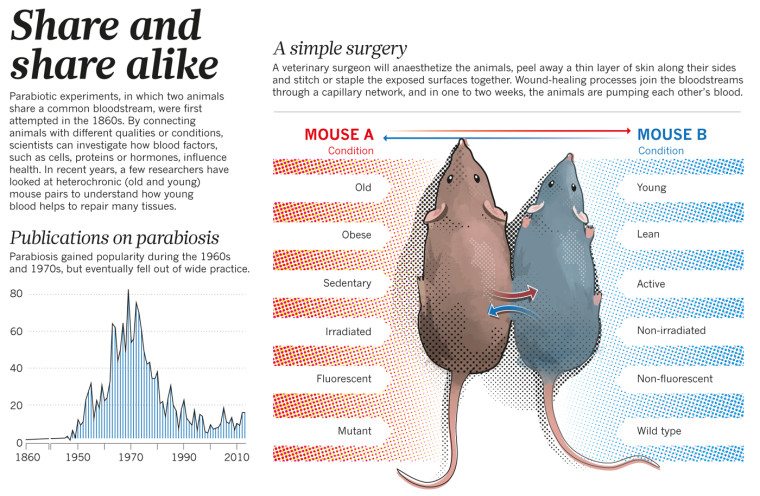
Parabiosis – The Next Snakeoil
The pattern has repeated so many times that it is truly predictable. Scientists turn their eyes to one type of treatment that has theoretical potential. However, proper research from theory to proven treatment can take 10-20 years, if all goes well. Most such treatments will not work out – they will fail somewhere along the way from the petri dish to the...


